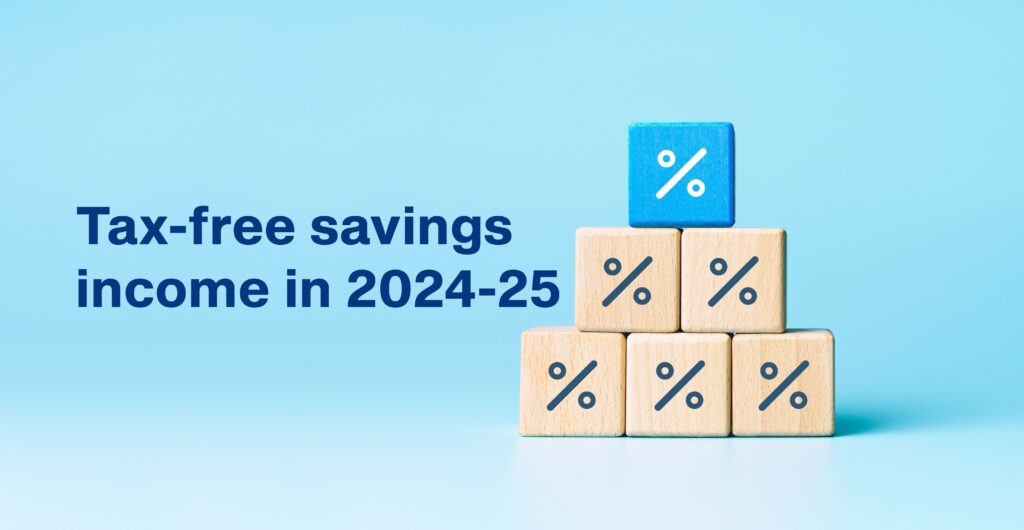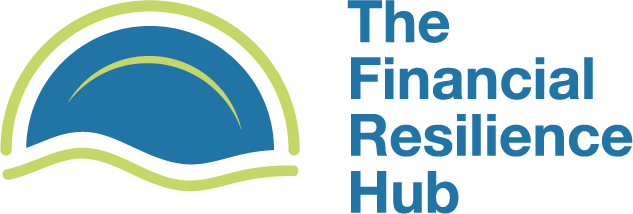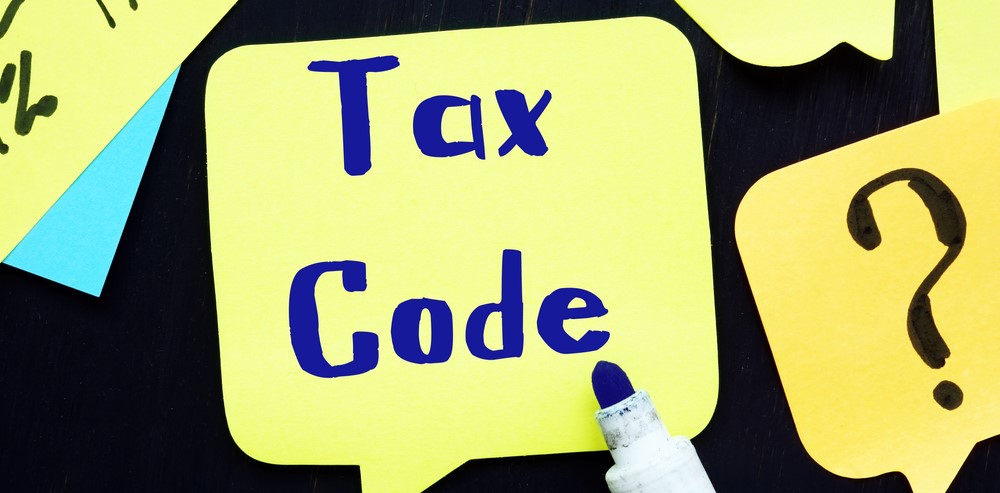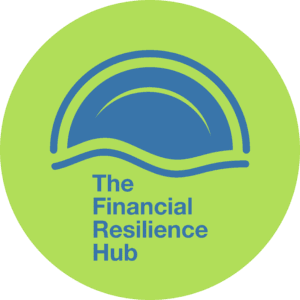
Tax-free savings income in 2024-25
|
|
Up to certain limits, it’s possible to enjoy some savings income tax-free. The extent to which this is possible depends on the rate at which you pay tax; not all routes are open to all.
Most people, though, can earn some interest from their savings without paying tax. Your allowances for earning interest before you must pay tax on it include:
👉Your personal allowance
👉Your personal savings allowance
👉The starting rate for savings.
You get these allowances each tax year. How much you get depends on your other income.
Using your personal allowance
If you don’t fully use your personal allowance elsewhere, any balance not otherwise used can be set against your savings income, allowing it to be received tax-free. For 2024-25, the personal allowance is £12,570.
Using your savings allowance
Basic and higher rate taxpayers are entitled to a savings allowance. This is in addition to their personal allowance.
For 2024-25, the savings allowance is set at:
👉£1,000 for basic rate taxpayers, and
👉£500 for higher rate taxpayers.
The allowance is available in addition to the personal allowance and the dividend allowance.
What if you receive more interest than your savings allowance?
Rising interest rates in recent years may mean that some basic and higher rate taxpayers now receive interest in excess of their savings allowance, so they’ll need to pay some tax. If this applies to you, you must notify HMRC via your self-assessment tax return.
📢❕If you now need to file a tax return, having not done so previously, it’s important you register for self-assessment.
For taxpayers who pay at the additional rate
Taxpayers who pay tax at the additional rate (which applies to taxable income in excess of £125,140) don’t benefit from a personal savings allowance and must pay tax on any savings income unless it’s otherwise exempt. They will also not receive a personal allowance, as the personal allowance is fully abated at this level.
About the savings starting rate
Savings income which falls within the savings starting rate band is tax-free. Depending on the individual’s personal circumstances, they may be able to enjoy up to a further £5,000 of savings income tax-free.
📢❕The savings starting rate band is set at £5,000, but is reduced by any taxable non-savings income. This is other taxable income in excess of the personal allowance (but excluding any dividends which are treated as the top slice of income), for example, your wages or pension.
So, the full £5,000 savings starting rate band is available where other taxable income is less than the individual’s personal allowance. The standard personal allowance is £12,570 for 2024-25. The savings starting rate is eroded once taxable income in excess of the personal allowance reaches £5,000.
👉The savings starting rate is applied before the personal savings allowance.
Tax-free savings accounts
If savings are held within a tax-free wrapper such as an Individual Savings Account (ISA), the associated savings income is tax-free. A taxpayer can invest up to £20,000 in an ISA in 2024-25.
Maximum tax-free savings income
Where a person has the personal allowance available in full to set against their savings income, they can enjoy tax-free interest in 2024-25 of £18,570 (i.e., their personal allowance of £12,570 plus savings starting rate band of £5,000, plus savings allowance of £1,000), plus that from tax-free savings accounts.
📢❕The information in this blog post was correct at the time of writing. Please check with your accountant for the latest information or, if you don’t have an accountant, join the Financial Resilience Hub to get access to one of ours! Alternatively, keep an eye on HMRC’s website for updates.
See also…
The HMRC webpage Tax on savings interest.
ABOUT THE AUTHOR

Helen Monaghan is a Chartered Management Accountant, accredited NLP Practitioner & Finance Coach. Both a psychology graduate and an accountancy graduate, she has authored three business books, which beautifully bring together psychology, finance, and tax to empower the reader about money. Helen is the CEO of HM Finance Coaching & Advisory Ltd, a company that provides financial education and business mindset coaching to small businesses across the UK, in addition to accountancy services for limited companies in Scotland and across the UK. Helen is also the founder of The Financial Resilience Hub – find out how we can support you, and your business, to be financially resilient through our monthly membership.
© Helen Monaghan






Responses